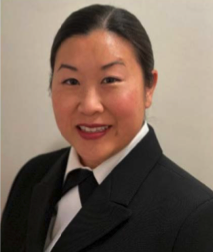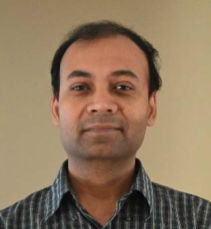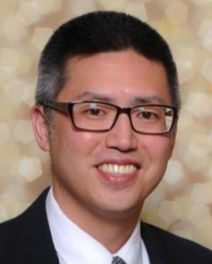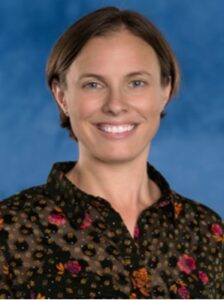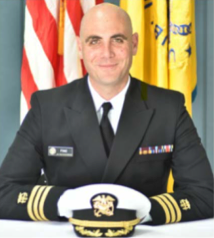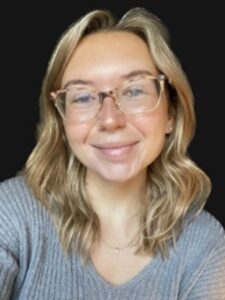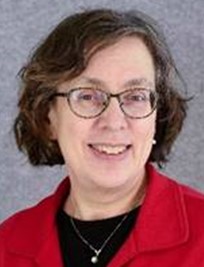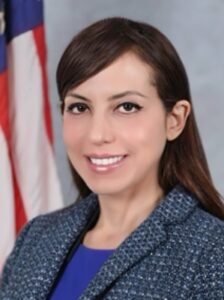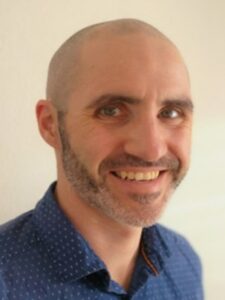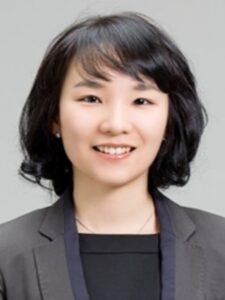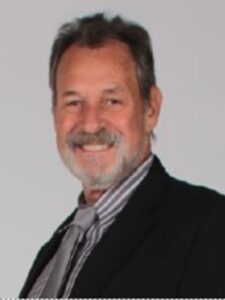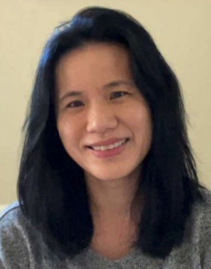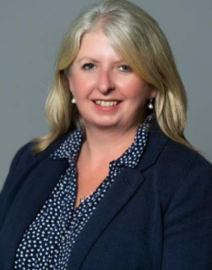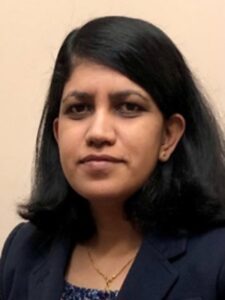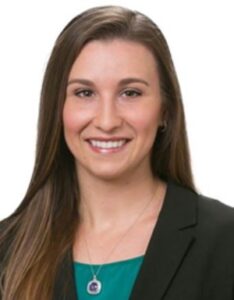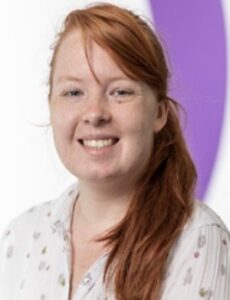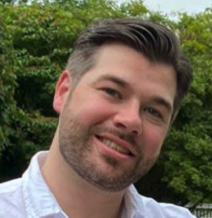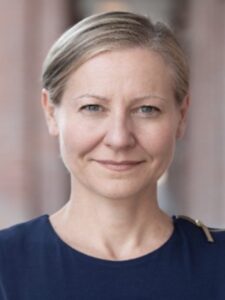This 2-day hybrid (virtual and in-person) workshop is focused on addressing current challenges associated with developing complex generic drug-device combination products (DDCPs):
- Day 1 will focus on user interface development, comparative assessment and generic substitutability issues
- Day 2 will focus on product development & assessment issues related to device quality and performance
Virtual Attendees will enjoy free access to all symposia except Symposium III, including opportunities to:
- Attend all presentations and panel discussions, including a dedicated “Ask the FDA” session
- Submit live questions online for discussion panel Q&As
- Enjoy free access to workshop recordings of presentations and panel discussions (not including the in-person working sessions in Symposium III: Setting the Course for the DDCP Future)
In-Person Attendees will also play an active role in conversations related to the future direction of this field during Symposium III by:
- Participating in working sessions on 4 challenging aspects of comparative user interface assessment
- Collaborating with FDA and industry thought leaders to define knowledge gaps, resource needs, and next steps
- Informing a “roadmap” for a CRCG working committee that will collaborate with FDA to plan and prioritize next steps and formulate research questions to address and bridge the gaps in comparative user interface assessment
- Conversing with panelists during discussion panel Q&As, including a dedicated “Ask the FDA” session
- Networking with colleagues during breaks with light snacks and beverages, and catered lunches
For background information, workshop attendees can view free recordings of presentations and panel discussions available online from the recent FDA/CRCG Drug-Device Combination Products 101 Training.
Workshop Topics
Day 1 will focus on topics relevant to generic user interface development, comparative user interface assessment challenges, and therapeutic equivalence/generic substitutability considerations for generic drug-device combination products (DDCPs). There will also be a dedicated “Ask the FDA” panel session during which attendees can ask questions about these issues. Topic areas will include:
- An overview of the drug-device combination product patent landscape from an academic research perspective
- An update on generic drug policy and its impact on generic DDCP development
- Comparative user interface assessment challenges and approaches for justifying “other design differences”
- Patient perspectives and experiences with complex DDCPs and generic substitution
Day 2 will focus on topics relevant to DDCP device performance, manufacturing, and sustainability across the product lifecycle. Mid-day, Symposium III facilitators will summarize identified challenges, gaps, and next steps during the Day 1 working sessions. Day 2 will focus on topics such as:
- Challenges related to device performance, manufacturing, device shortages, and sustainability across the DDCP product lifecycle
- Considerations for specific dosage forms, from product quality and engineering perspectives
Audience
This workshop is primarily for the generic drug industry and other collaborators involved with generic DDCP development and assessment, including human factors consultants and contract research organizations.
- Virtual Attendance is optimal for an audience interested in conveniently receiving helpful advice and practical information on the current thinking and best practices related to developing complex generic DDCPs.
- In-Person Attendance is optimal for an audience interested in actively engaging with FDA and industry colleagues to discuss complex issues, resolve current problems, provide insights, detail industry experience about implementation challenges and discuss alternative approaches to comparative user interface assessment.
Registration Fees
- This workshop is FREE for virtual attendees.
- The combined cost for both days of in-person attendance and activities is $500 and will cover event-related expenses.
- For faculty and students from the University of Maryland, Baltimore; Universities at Shady Grove; and University of Michigan, the workshop is free for in-person attendance. Please contact us (info@complexgenerics.org) and indicate which workshop you are interested in.



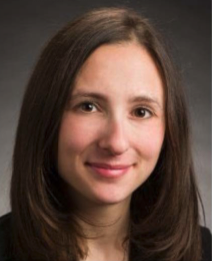 Regulatory Council, DPD, OGDP, OGD, CDER, FDA
Regulatory Council, DPD, OGDP, OGD, CDER, FDA
